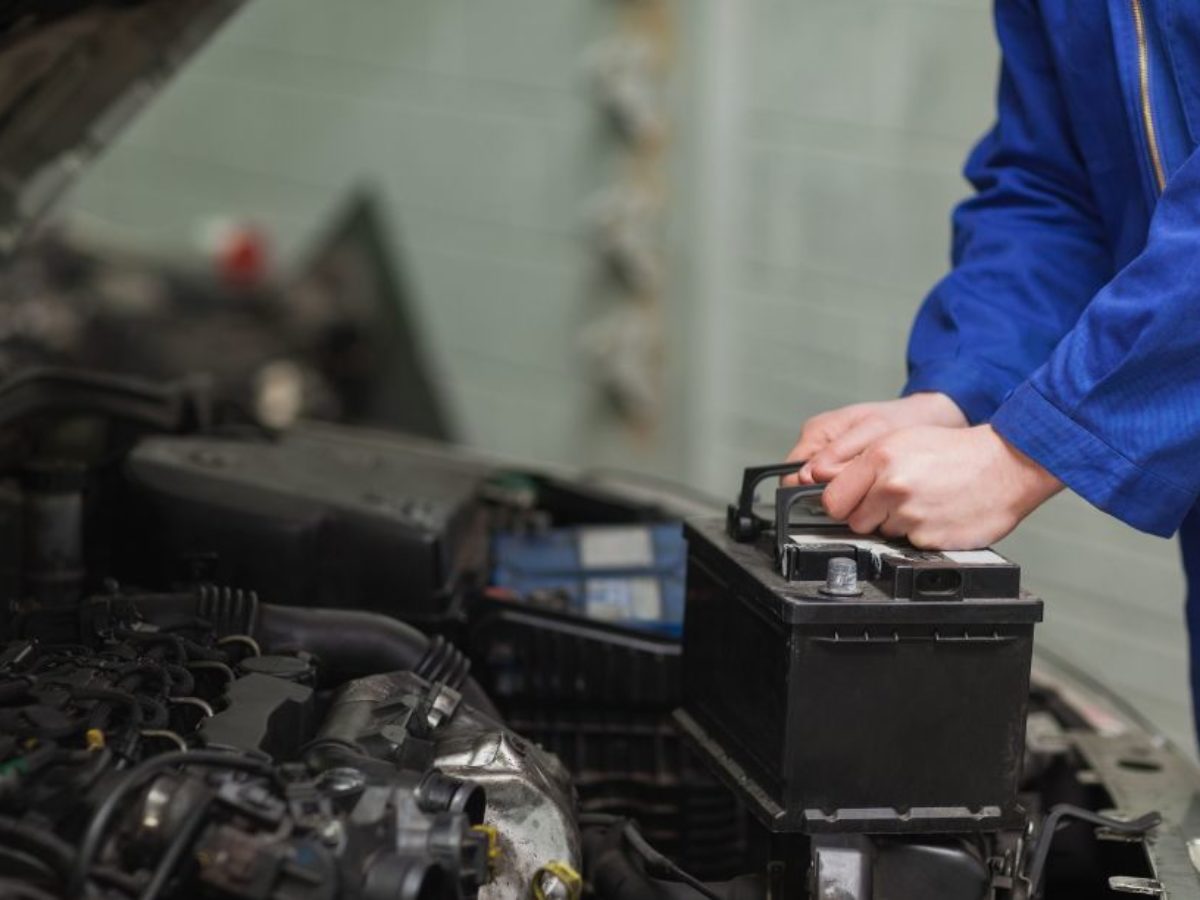Yes, you can use a marine battery in a car, but it’s important to keep in mind that marine batteries and car batteries have different design specifications and features. Marine batteries are designed to withstand the harsh conditions of the marine environment, such as exposure to salt water, vibrations, and extreme temperatures. They are typically designed for deep-cycle use and have thicker plates, which allow for more discharge and recharge cycles. On the other hand, car batteries are designed for starting engines and delivering a large burst of power. They have thinner plates, which are more efficient for starting engines but can’t handle as many discharge and recharge cycles as marine batteries. When using a marine battery in a car, you need to make sure it has the necessary cranking amps to start the engine and that it will fit properly in the battery compartment.
Can a marine battery be used in a car?
Yes, a marine battery can be used in a car. However, it is important to consider the differences between marine and car batteries before making the switch. Marine batteries are designed for use in boats and are optimized for deep discharge and high vibration resistance. They can handle the harsh marine environment, but may not be the best option for a car because they are not optimized for the charging and discharging patterns of a car’s electrical system.
What are the differences between marine and car batteries?
Marine batteries are designed to handle the harsh marine environment, including exposure to salt water, high vibration and deep discharge. Car batteries, on the other hand, are designed for the specific charging and discharging patterns of a car’s electrical system. Car batteries are typically optimized for high cranking power to start the engine, while marine batteries are optimized for deep cycling, meaning they can discharge a large portion of their stored energy without damaging the battery.
What are the advantages of using a marine battery in a car?
One advantage of using a marine battery in a car is that marine batteries are designed for deep discharge, which can be useful for vehicles with high electrical loads, such as RVs or off-road vehicles. Marine batteries are also designed to handle high vibration, which can be beneficial for vehicles that are frequently driven on rough roads.
What are the disadvantages of using a marine battery in a car?
The main disadvantage of using a marine battery in a car is that it may not be optimized for the specific charging and discharging patterns of a car’s electrical system, which can lead to reduced battery life and performance. Additionally, marine batteries are often larger and heavier than car batteries, which can make them more difficult to install in a car.
What should you consider before using a marine battery in a car?
Before using a marine battery in a car, it is important to consider the differences in battery design, size and weight, as well as your specific electrical needs. If you have high electrical loads or drive your vehicle frequently on rough roads, a marine battery may be a good option. However, if you need a battery that is optimized for the charging and discharging patterns of a car’s electrical system, it may be better to stick with a car battery.
